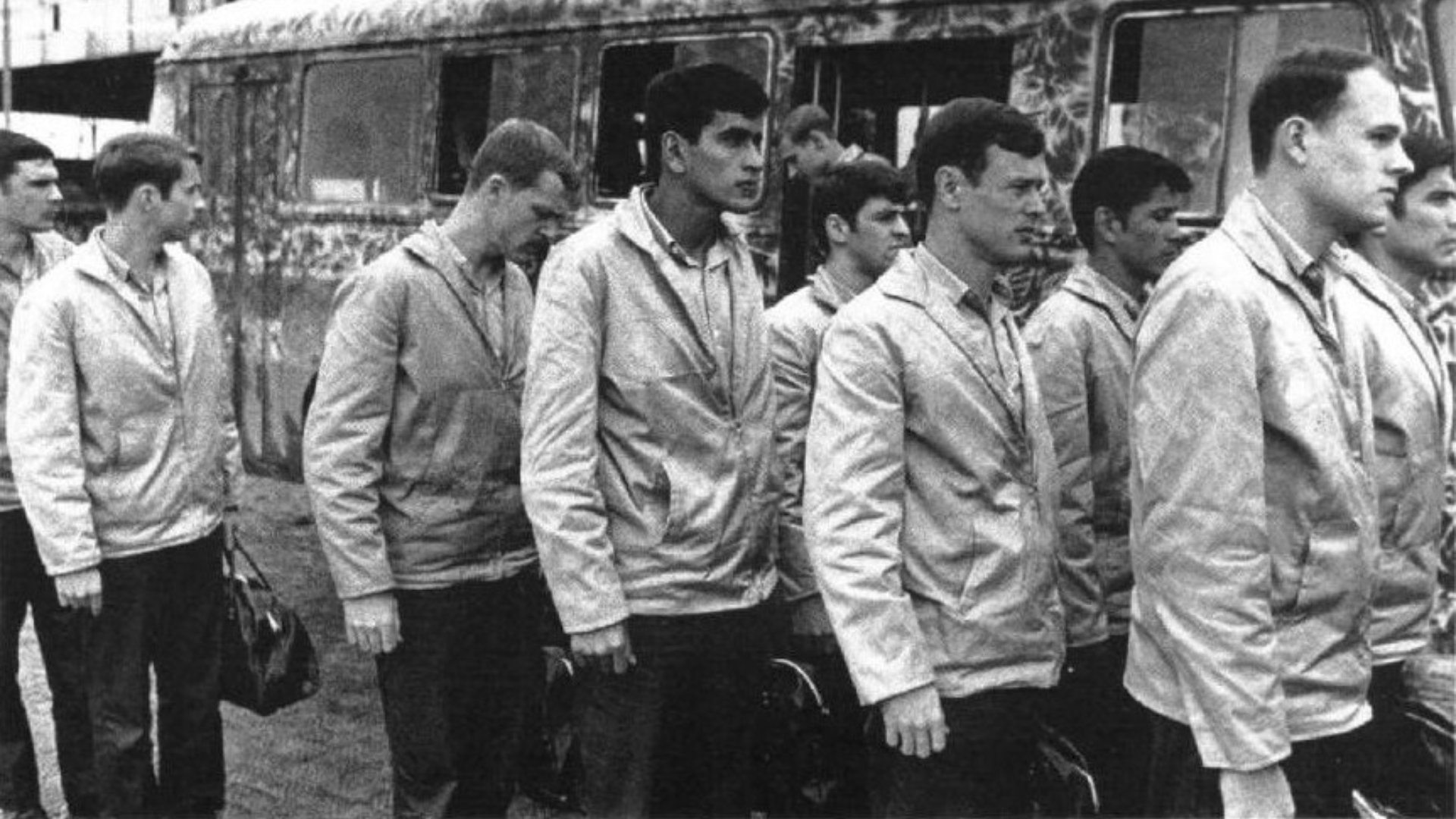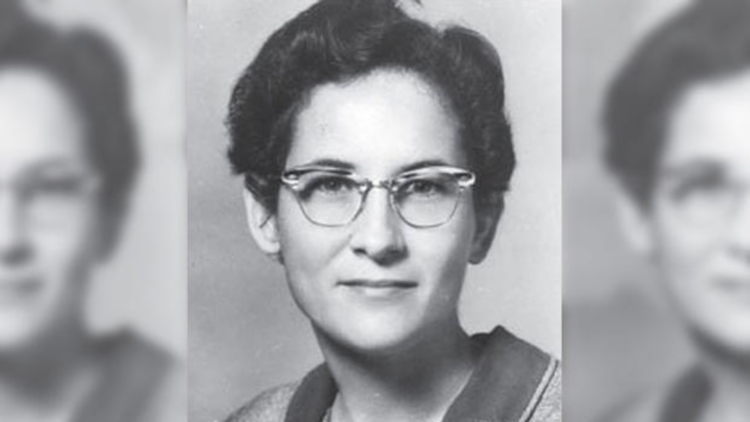This earned her their trust and facilitated a more effective approach to combat leprosy.
The Vietnam War and Escalating Tensions
As the political climate in Vietnam deteriorated, the shadow of war loomed large.
The division of Vietnam in 1954 fueled tensions, with anti-government factions led by Ho Chi Minh targeting the South Vietnamese countryside.
The Montagnards, already marginalized, became pawns in a larger conflict. They were targeted by the Viet Cong for their strategic knowledge of the mountainous terrain and their potential support for the South Vietnamese government.
Ardel was aware of the risks. She knew working at Ban Me Thuot meant possible capture or even death. Yet, her commitment transcended political affiliations.
She treated all who sought her help, even as the situation escalated and military operations intensified. This unwavering dedication exemplifies the spirit of medical professionals who choose to serve in conflict zones, prioritizing the well-being of those in need regardless of the surrounding chaos.
A Fateful Night: Abduction and the Search for Answers
By 1962, the simmering hostilities in Ban Me Thuot reached a boiling point.
Visiting missionaries were urged to leave, but the established staff, including Ardel, Daniel Gerber, and Archie and Betty Mitchell, were believed to be relatively safe due to their neutral status.
That sense of security shattered on a fateful night – May 30th.
Armed men stormed the Leprosarium, taking Ardel, Gerber, and Archie Mitchell captive.
Though American and South Vietnamese forces spotted them the next day, a rescue attempt was deemed too risky.
The subsequent years brought no answers. Where were they taken? What became of them? Rumors of their survival flickered like embers, fueled by reports from jungle tribesmen who claimed to have seen a white woman with two white men.
However, these whispers never solidified into fact.
In 1994, the US government made a heart-wrenching declaration: no Americans captured during the Vietnam War were believed to be alive. Yet, the mystery of Dr. Eleanor Ardel Vietti and her fellow captives endures.
A Legacy of Compassion: Honoring Dr. Vietti’s Spirit
Ardel’s story serves as a potent reminder of the human cost of war and the unwavering courage of those who risk everything to serve others.
While the truth of her fate may remain elusive, Dr. Vietti’s legacy lives on—a testament to the unwavering spirit of a doctor who dared to heal in the face of danger.
Her dedication to the Montagnard people and her commitment to her medical oath inspire all who strive for a world free from disease and conflict.

The Defense POW/MIA Accounting Agency (DPAA) continues its mission to locate missing personnel from past conflicts.
Efforts include interviews with Vietnamese citizens, analysis of historical records, and excavation of potential burial sites.
Perhaps someday, new information will shed light on Dr. Vietti’s fate and bring closure to her family and loved ones.










COMMENTS